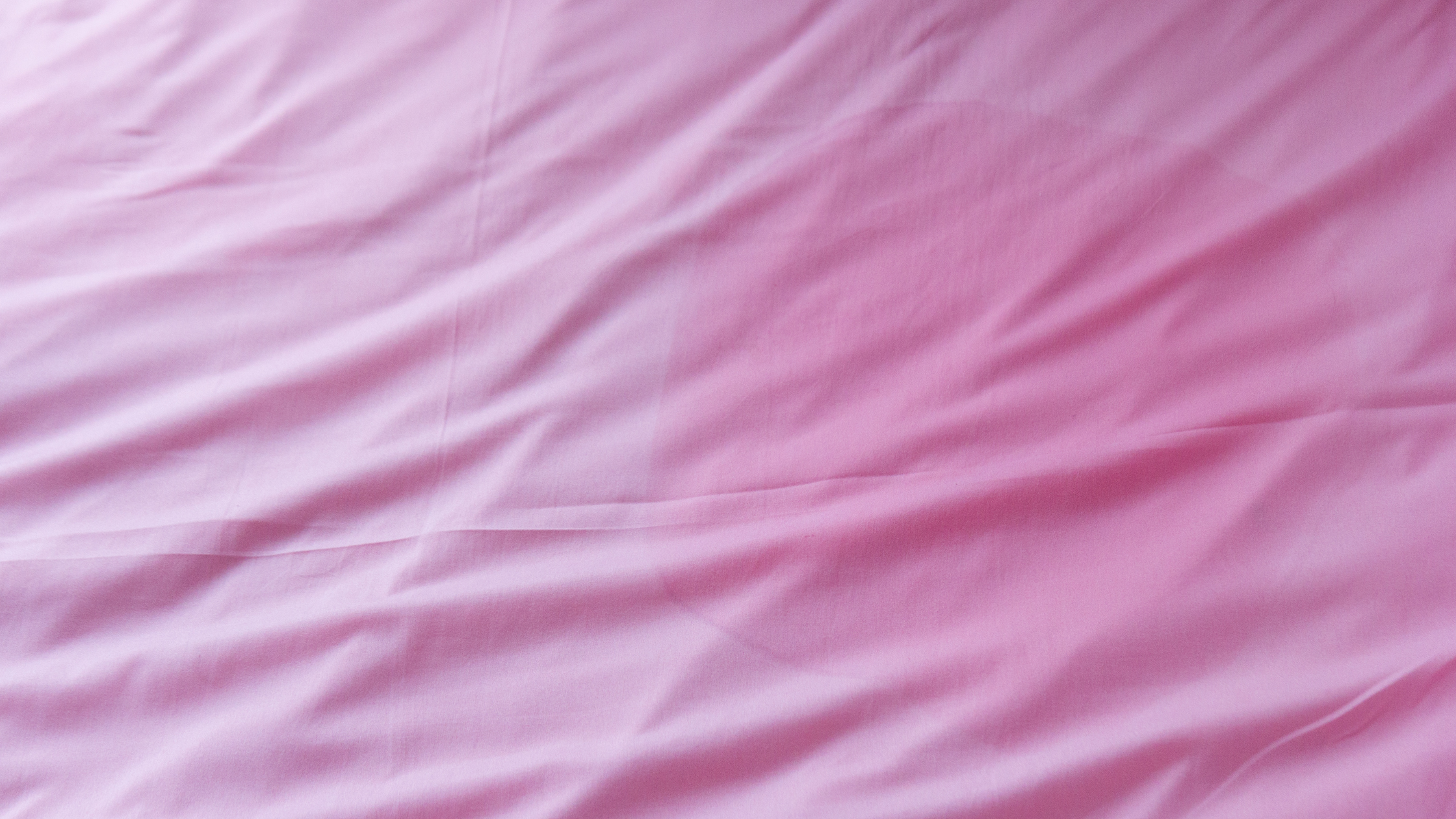
Bedwetting is a developmental problem that many children have to deal with. It involves children wetting the bed at night because they were unable to use the bathroom. This is a potty trained child who had an accident in the bed. It can be uncomfortable and upsetting for the child, as well as frustrating for the parent. The older children get, the more uncomfortable it can become for the child. Continue reading to learn more about bedwetting and what you can do to mitigate it.
What is bedwetting?
Bedwetting is called nocturnal enuresis, which is involuntary urination during sleep in children who are older than five years old. Five to seven million children in the U.S. are affected by bedwetting, and it affects both genders.
When does bedwetting become a problem?
Bedwetting becomes less frequent with age. The rates of bedwetting noticeably drop in children when they turn five. Twenty percent of five-year olds wet the bed at least once per month, even after being properly potty trained.
Since children develop and mature at different rates, children stop having accidents at different ages. Occasional bedwetting is normal, and nothing to really worry about. However, sometimes bedwetting can indicate an underlying issue. If your child suddenly starts having episodes and is older, has painful urination, cloudy or discolored urine, daytime incontinence, bowel movement issues, trouble waking up, or excessive thirst, then these accidents could mean a medical issue.
Potential causes of bedwetting
Most bedwetting is normal, and doesn't have an underlying cause. However, there are a wide range of potential causes of bedwetting. Some common causes include:
- Anxiety
- Eating and drinking habits
- Urinary tract infections
- Sleep apnea
- Constipation
There are other, less common causes of bedwetting that should be investigated if these other causes have been ruled out. These include:
- Kidney issues
- ADH insufficiency
- Diabetes
- Family history
- ADHD
- Deep sleepers
How bedwetting affects sleep
Bedwetting can disrupt a child's sleep because it causes the child to wake up. The process of cleaning up the bed can further lead to increased sleep disruption. It can be difficult for the child to fall back asleep after experiencing that type of event, as well.
Additionally, struggling with bedwetting can cause psychosocial problems, like anxiety around bedtime. This can make it more challenging for them to fall asleep. Associated feelings may also include shame, depression, and social embarrassment, which can also lead to a child's overall wellbeing.
Tips to stop bedwetting
Addressing bedwetting may seem challenging at first. It's the thing that no one wants to talk about, but ignoring it will not help. It's important to first investigate if something is wrong with your child. Communication can unearth hidden anxieties, significant changes in their lives, and just creates a safe space, overall, for the child.
While navigating this process, maintain a supportive attitude and avoid punishing them. Most children are not intentionally wetting the bed, and although it can be an alarming and inconvenient event, responding to it negatively can increase the amount of anxiety and distress that the child is already feeling. It should be considered an involuntary accident that you address with love, and support, while discussion a plan for that to not happen again.
Keep track of the bedwetting to see if there is a difference between dry days and wet days. This can help identify potential triggers, while also providing a way to track for rewards. Talk with your child to discuss rewards for going certain amounts of time without having an accident. The further they go without an accident, the more you can scale back on the frequency of these rewards.
There are some behavioral things you can do as well. One is to improve sleep hygiene, which means creating an optimal environment and set of habits to foster a good night's sleep. One of these is what time beverages and foods are consumed. Cut off drinks at least two hours before bed to decrease their need to urinate, and adjust bathroom schedules to include middle of the night wake ups.
If all else fails, you can consider a wetness alarm which is a small sensor placed in the child's pajamas or bed that rings if it senses wetness. After use for about 12 weeks, the alarm can help train children to wake up naturally before they begin to urinate. This should be installed as long as the child understands its purpose, otherwise it may only be associated with shame.
If you are increasingly concerned with your child's bedwetting and need assistance, please click the orange button below to take a free online sleep test and talk with one of our sleep health professionals.
Source:
https://www.sleepfoundation.org/children-and-sleep/bedwetting
